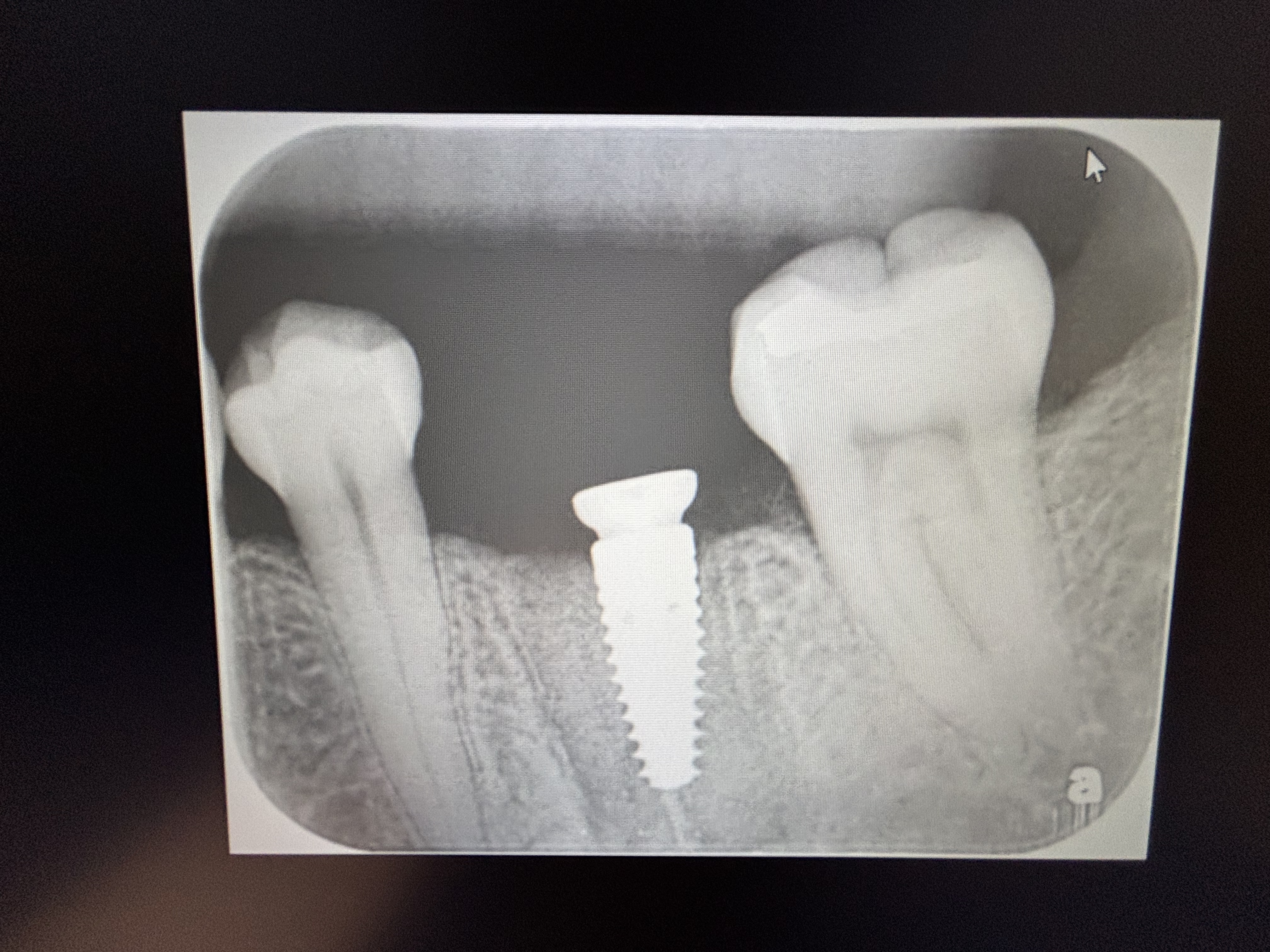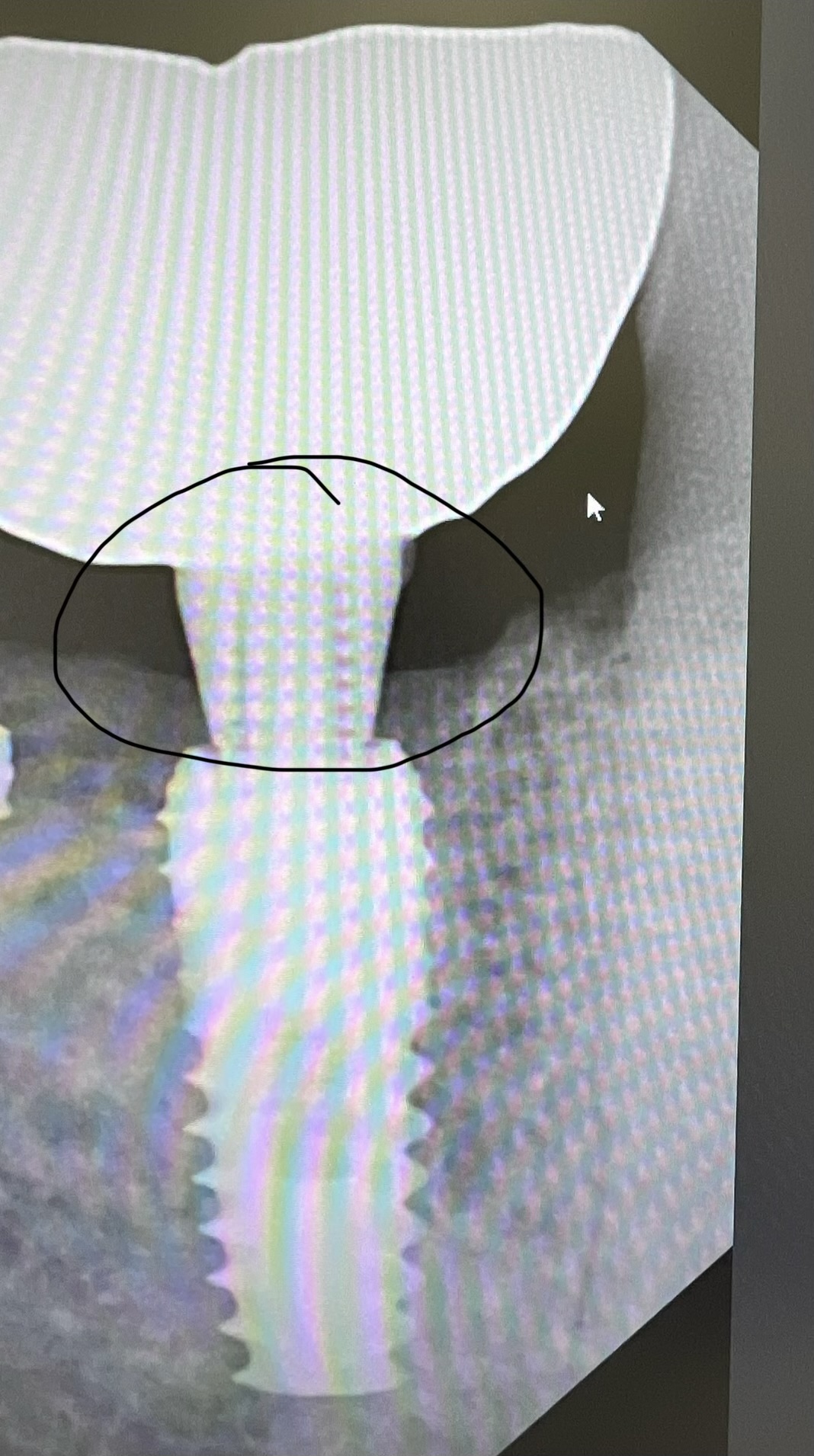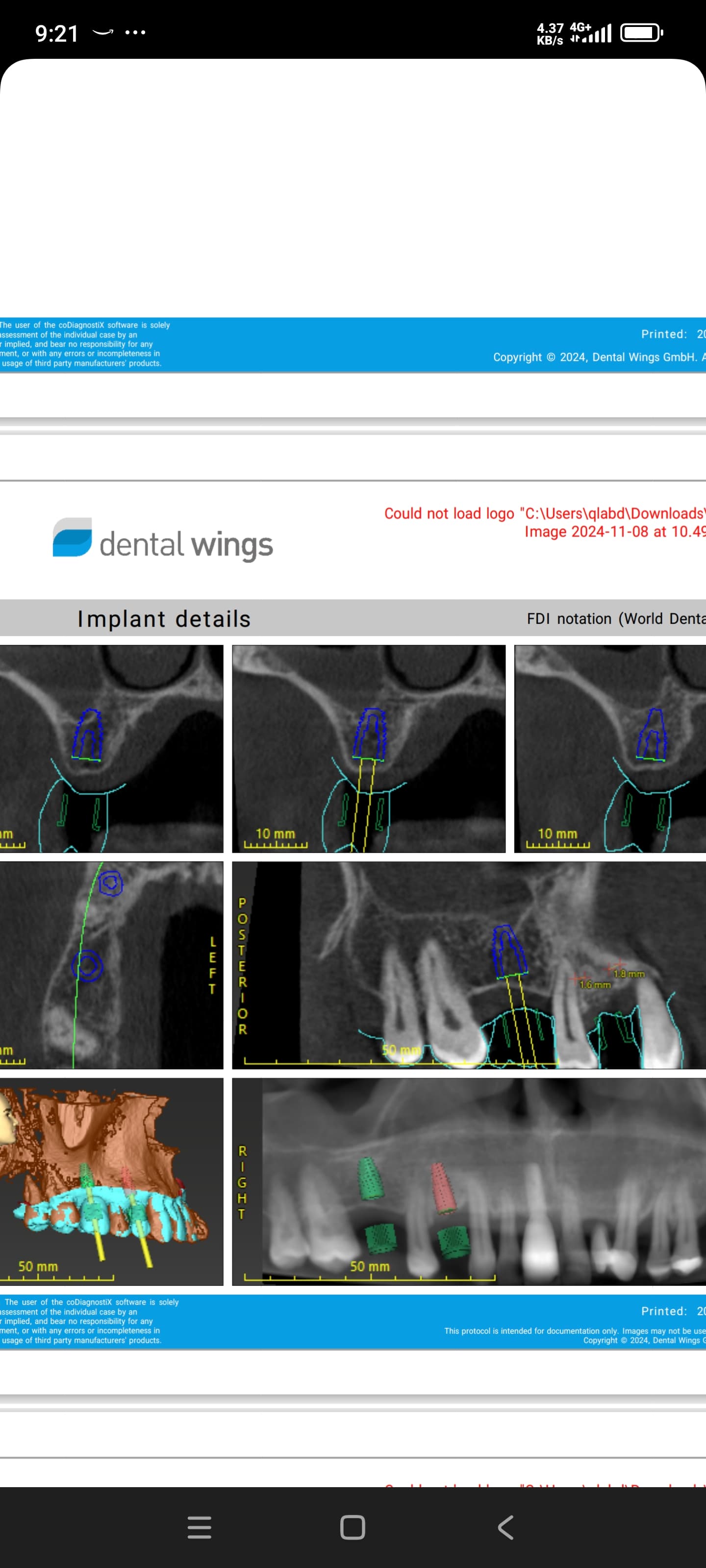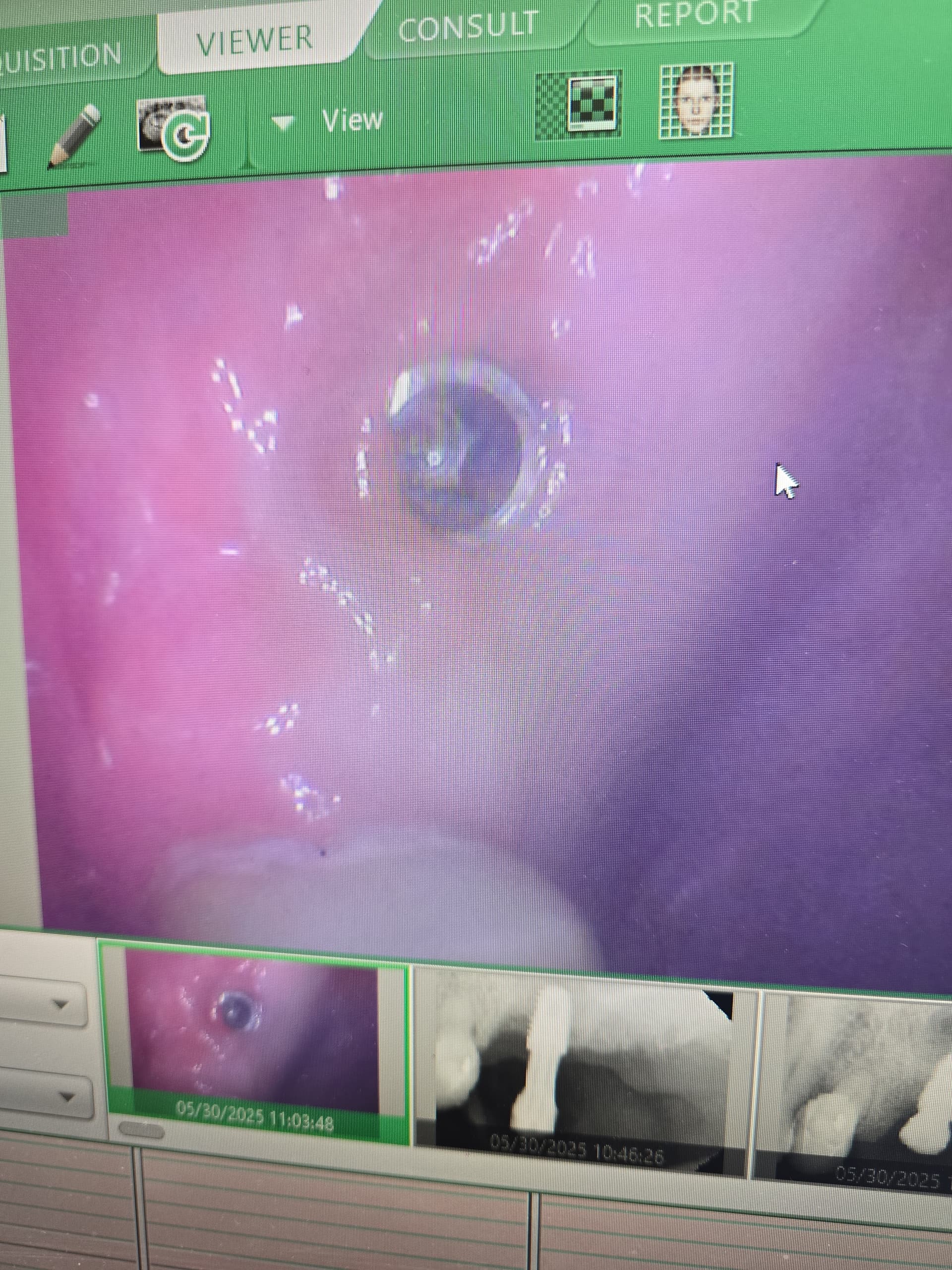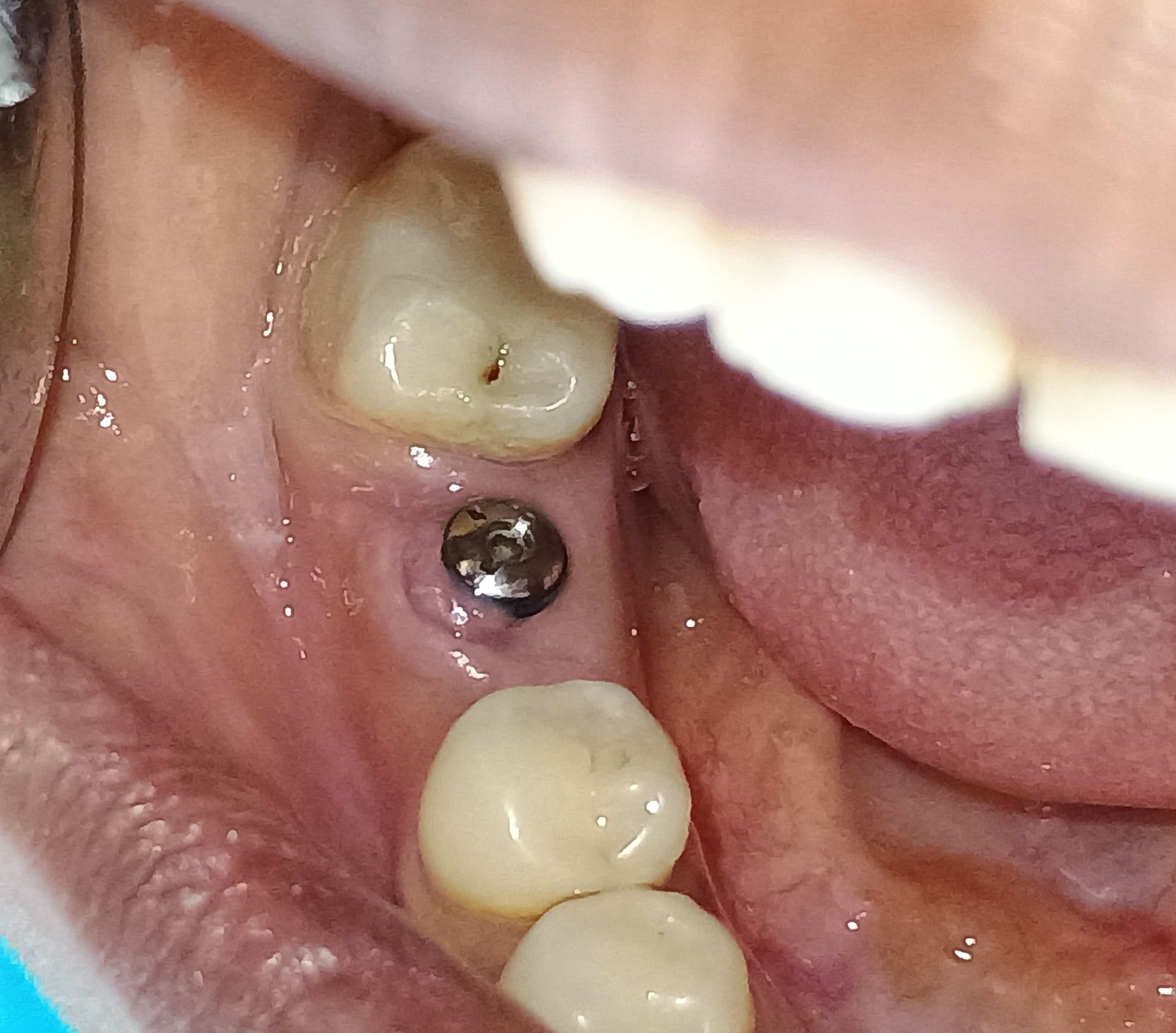Type 2 Diabetes and Dental Implants?
The increasing prevalence of diabetes mellitus (DM) remains a global health concern. Should clinicians consider type 2 Diabetes a factor when developing their treatment strategies for dental implants? A recent study 1 assessed the long-term implant survival rates and bone loss in patients with moderately controlled type 2 diabetes as compared to the nondiabetic population.
The conclusion:
Comparable to data published earlier, no statistical significance in survival rate was found between the nondiabetic and diabetic population. The delayed insertion protocol presented the least bone loss, compared with immediate insertion (P = .06), and compared with early insertion (P = .046)…The results show that implant survival and bone loss levels were comparable to reported outcomes in the nondiabetic population. The delayed insertion protocol presented less bone loss compared with other insertion methods. Likewise, less bone loss was found in implants placed in the posterior region.1Read More
How do you approach patients with type 2 diabetes in your implant practice? What has been your success rate with these patients?
1.The Effect of Moderately Controlled Type 2 Diabetes on Dental Implant Survival and Peri-implant Bone Loss: A Long-Term Retrospective Study.. Int J Oral Maxillofac Implants. 2018 Mar/Apr;33(2):389-394. Ormianer Z et al.










